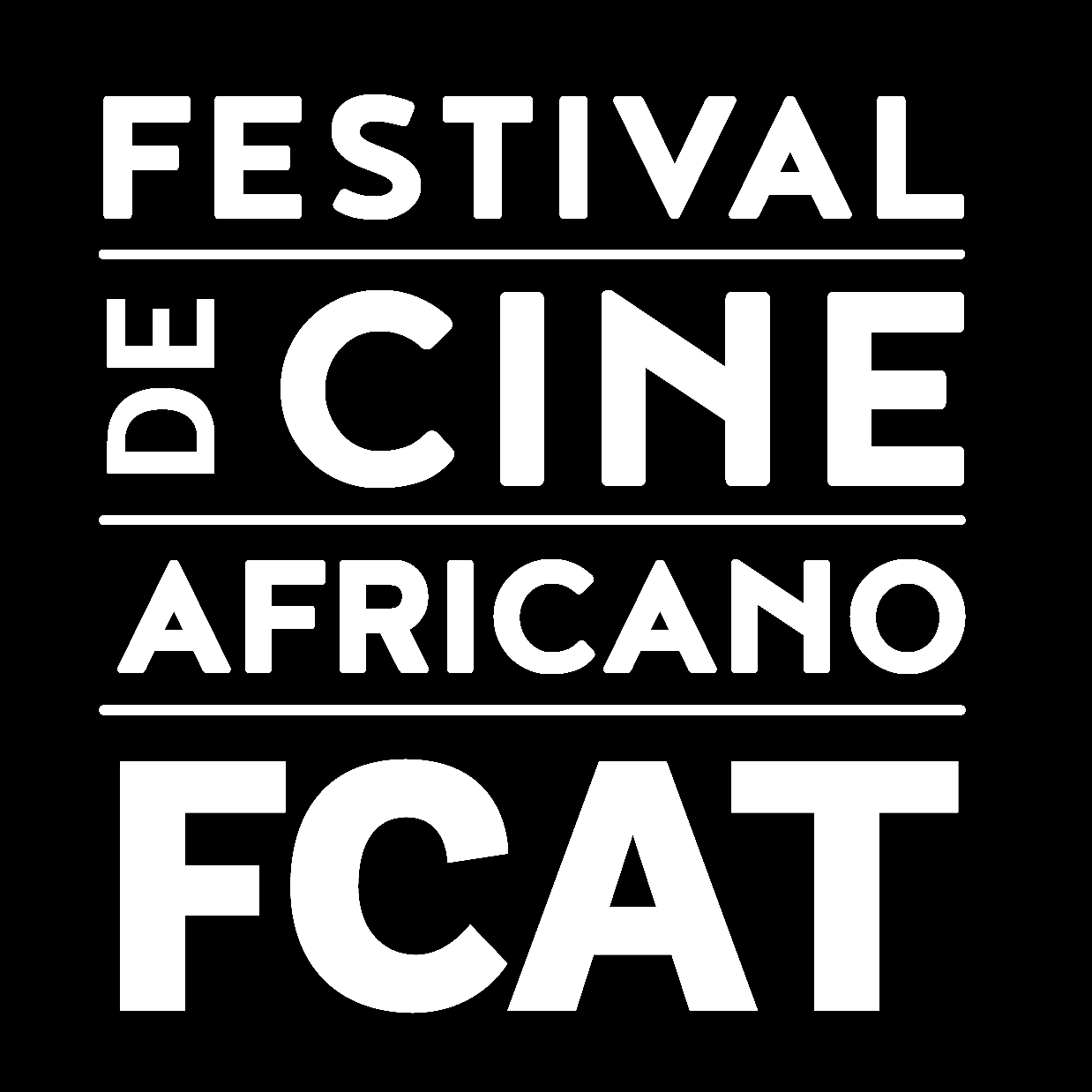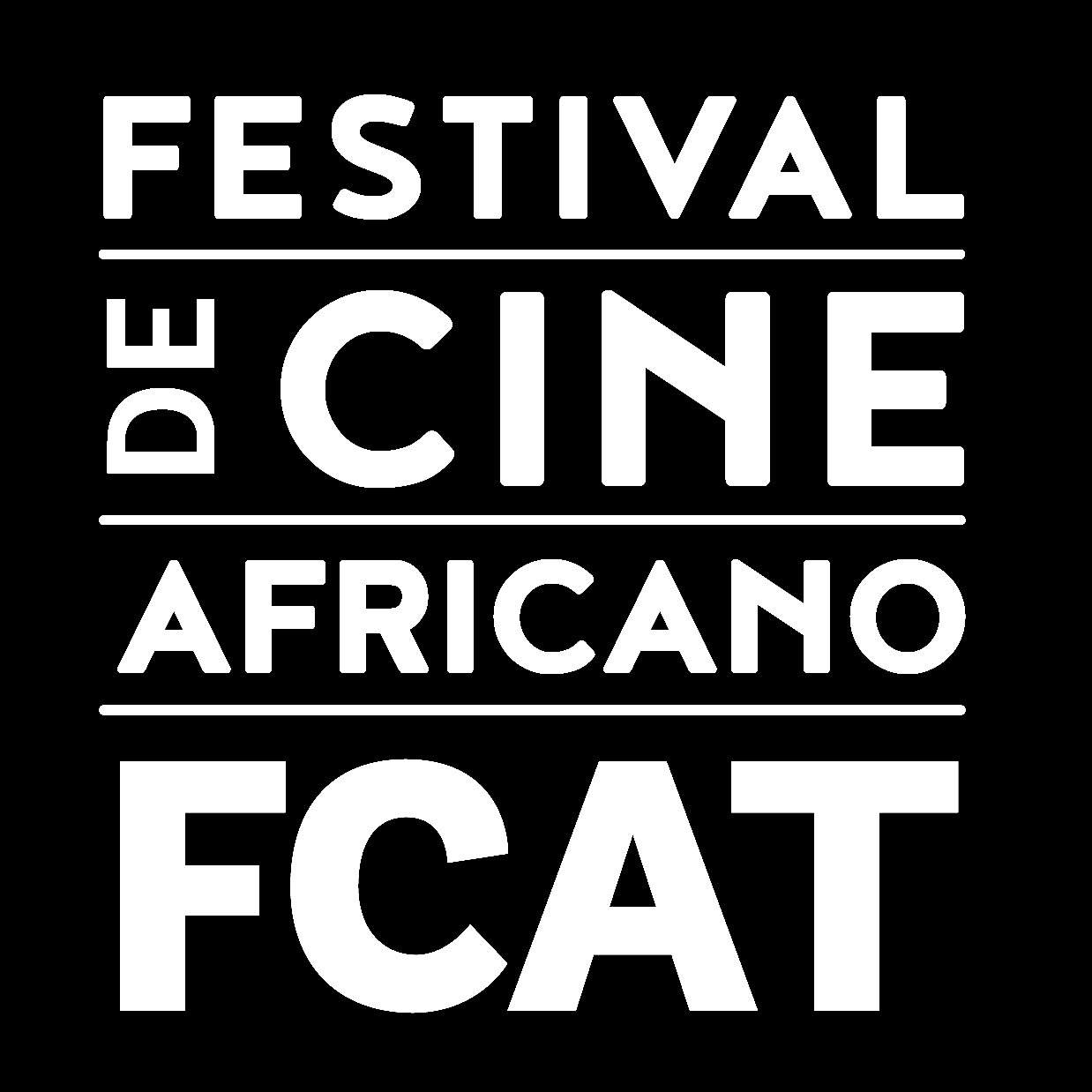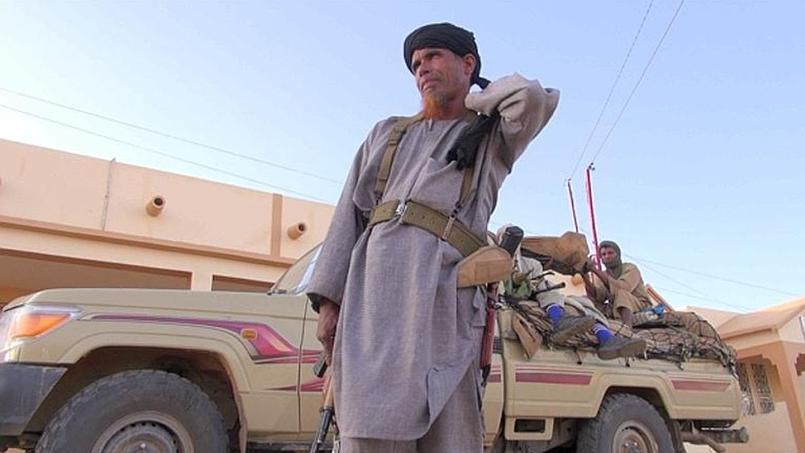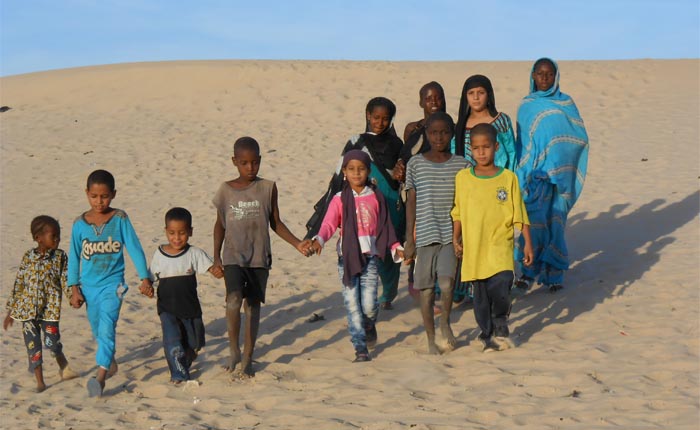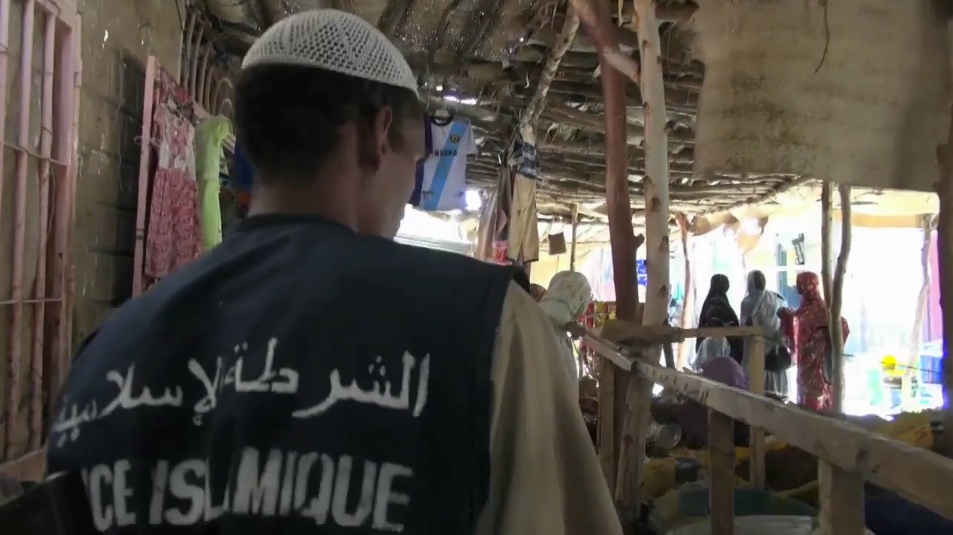This weekend was the film’s premiere in Spain.
The screening of Les Salafistes took place for the first time in Spain on Saturday 28 May as part of the African Film Festival of Tarifa and Tangiers (FCAT 2016). The French documentary deals with the actions of the representatives of this ideology in Timbuktu and Gao, in Northern Mali, as well as in Tunisia and Mauritania. The documentary compiles testimonies from people living in areas under the control and influence of these radical ideologists, particularly in Gao and Timbuktu, in 2012. In addition, the film offers a number of interviews with some of the leaders of the salafist ideology in Mauritania and Tunisia. The documentary, which was shot between 2012 and 2015, premiered in Tarifa, Spain in its original language with Spanish subtitles.
The screening of the documentary was accompanied by a debate with the audience moderated by Bachir Mohamed Lahsen, researcher at the University of Seville on djihadist propaganda, and by Isabel Romero, President of the Islamic Council in Spain as well as Vice-president of the Citizens’ platform against islamophobia.
[French] Excerpts from the documentary Les Salafistes (2016) par LePoint
Why this documentary
The festival’s curators decided to select this documentary despite the widespread controversy surrounding its premiere in France earlier this year, when only ten film theatres screened it. According to Marion Girard, from the festival’s organisation: “cinema serves as a pedagogic tool to provoke critical thinking and to supply the audience with elements for a fine-tuned reading of extremism. All of the films selected this year are trying to help the audience build its own point of view on the different political, social and cultural issues affecting African contemporary societies. The screening of such a documentary can help clarifying the image of the other; a clarification which is particularly relevant in the current context in which mass media tend to disseminate biased or reductionist information when it comes to extremism. The documentary, despite the harshness of the images, is hopefully going to open a window for the audience to understand this ideology through a different lens than the one supplied by traditional media and commercial films.”
According to the festival’s curator, Marion Berger, “this year, we have programmed two films on this theme, and we have tried to link them in some way. On the one hand there is Les Salafistes, which represents a rather French vision, and on the other hand there is a Malian documentary which went unnoticed by the European public, Devoir de mémoire.” This documentary by Mamadou Kotiki Cissé recalls the episodes of the jihadist invasion so they will never be forgotten. Through the eyes of its inhabitants, but also through those of the invaders, the author strives to rigorously piece together the testimonies of those upon whom Islamic Law was imposed and offer us a memory through their stories. « It was crucial for us to reinforce the two films with a debate moderated by specialists. We wanted to open the debate without being afraid of the fact it is a thorny topic. While it is true that we have insufficient hindsight to conduct an in-depth analysis of salafism and djihadism, we need to serenely debate around them and be conscious about the underlying international stakes”, adds Marion Berger.
Harsh images of djihadism
The documentary’s filmmakers, François Margolin (France) and Lemine Ould Salem (Mauritania), describe the reality of the population living under the control of the terrorist group Ansar-Dine in the Malian cities of Timbuktu and Gao. The images presented in the documentary about the Islamic state’s propaganda have been said to be extremely harsh. For example images are shown about the attack to the city of Mossul, in Irak, in June 2014, there are also some executions, and the attack against a homosexual person who is thrown from the top of a building. Even if these scenes are not necessarily new to the audience, the film shows the testimonies of the inhabitants expressing their rejection of the djihadists’ method in the management of daily life and the laws regulating it (the Sharia). The documentary also shows interviews of the leaders of Ansar-Dine justifying the barbarism.
French media have accused the documentary of spreading the djihadist propaganda through the screening of scenes which were not cut or left with no commentary. However François Margolin, one of the filmmakers, rejects these accusations by explaining that “we were ready to die in order to show these images and today we find ourselves in the situation of being accused. Never could I have imagined that I would have problems with the French Government instead of the characters of the film”.
The Festival FCAT 2016 is unique in its kind in Spain, as it is the only opportunity for the Spanish-speaking audience to get closer to the many realities of the African continent through non-commercial cinema. Its 13th edition is taking place for the first time in both Tarifa (Spain) and Tangiers (Morocco), with a programme including 76 films from 26 countries. 28 films will compete for 5 different prizes.
Resources
- Download the festival’s programme in French and Spanish
- Download the catalogue du FCAT 2016
- Visit the festival’s film archive
